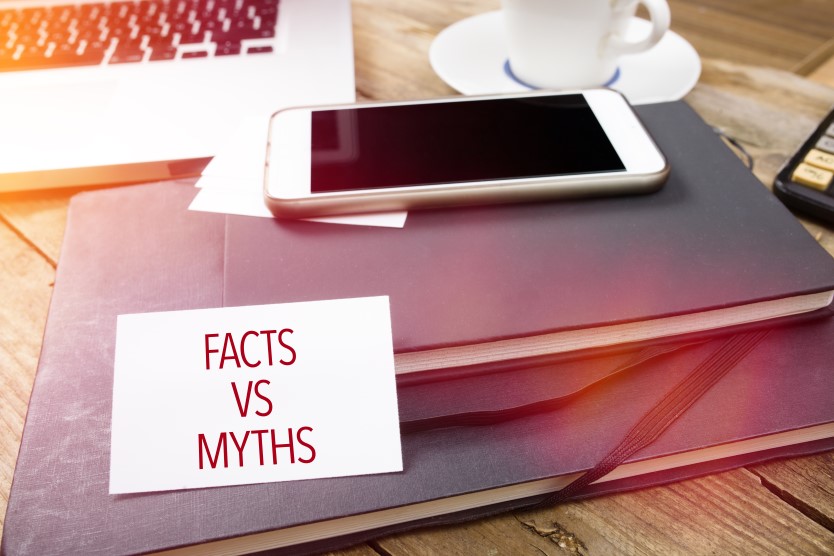When it comes to my profession–daily money manager–there are several myths* (or, rather, myth-conceptions) ripe for busting. Unfortunately, these misunderstandings sometimes confuse colleagues, clients, and their families. And might stand in the way of their reaching out for assistance from a daily money manager.
Let’s set the record straight on 4 misconceptions I encounter:
1) DMMs are money managers. The words “daily” and “money managers” can be misleading. Money managers, unlike daily money managers, are investment firm employees or financial advisors who make investment decisions and manage client assets. While I received my M.B.A. from Wharton, I took a different route and, in 2008 founded Personal Money Manager™, a daily money management company. The daily money manager name comes from the Association of Daily Money Managers, the professional organization for DMMs (that requires background checks for membership).
I encourage my clients to work with a financial advisor they trust. I work well with those professionals on behalf of our shared client. I can be the “go between” when a client tells me, “I don’t understand what my financial advisor (or attorney, CPA, insurance broker) is saying or asking of me”.
As for “daily”, some clients prefer weekly visits, mostly to process mail and track bills. Others schedule me every two or three weeks. Still others call me as the need arises–especially when estate planning, around tax time, or if a loved one has passed away. I work on client projects daily but won’t be at your door step every day!
2) You must be a senior or high net worth or a person with disabilities to benefit from a daily money manager. DMMs assist people of all ages and income levels who want to simplify their financial life. Of course, everyone should have an Owner’s Manual listing their financial and household accounts, a service I provide. At Personal Money Manager™, I choose to work exclusively with older adults and their families and specialize in their needs.
3) You must relinquish your checkbook or name a daily money manager as your power of attorney. A colleague, recommending me to her father, warned, “He won’t hand over his checkbook!” “Not a problem,” I assured her. My clients (or POA) track accounts and sign checks. I caution seniors NOT to hand the financial reigns (checkbooks, credit cards, etc.) to others until trust is established. This applies to DMMs, too, who should come recommended, background-checked, bonded, and insured as is Personal Money Manager™. While I choose not to be named a Fiduciary for clients, I work closely with their named fiduciaries and trusted advisors as the “boots on the ground”.
4) Daily money managers are simply paper organizers and/or bill-payers. Paper organizing and bill paying are important, of course. Bills must be paid. And papers don’t organize themselves. These are too important to be left to clients not cognitively up to the task, home health aides who have other responsibilities, or other professionals not making home visits or with paper organizing experience. Note that missed payments can be an early warning sign of cognitive decline.
Clients of Personal Money Manager™ know that I do more than help pay the bills. Other services include questioning charges, looking for potential fraud and junk fees, creating and maintaining an essential Owner’s Manual, setting up files and reducing paper backlogs, prepping for estate planning, managing tax filing paperwork and information, assisting with estate settlement and during Medicare open enrollment—and much, much more. And I am properly insured, bonded, and background-checked to take on these client responsibilities.
I do hope this explainer sets the record straight. Please let me know if any confusion remains. I’m always happy to talk with you about financial organizers / daily money managers and the essential work we do for clients and their trusted advisors.
*I’m the last one to suggest that myths need debunking. After all, my senior thesis in college was on Australian Aboriginal origin myths. They are beautiful and functional (but you’d have to read my thesis for more).

